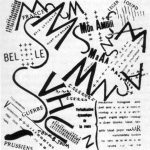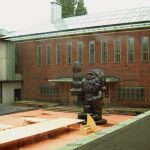Fear of heights: Bolivia’s constituent process
Commentary Fear of heights Bolivia’s constituent process Jon Beasley-murray La Paz is the world’s highest capital city, at 3,636 metres above sea level. So it is all the more surprising that to get there, you have to descend: it is located in what the locals call a hueco, a hole or a hollow. When I […]











